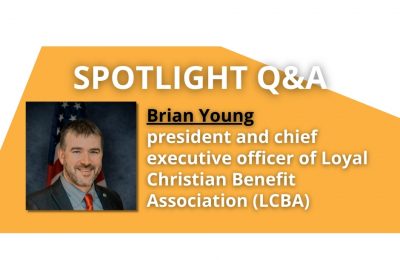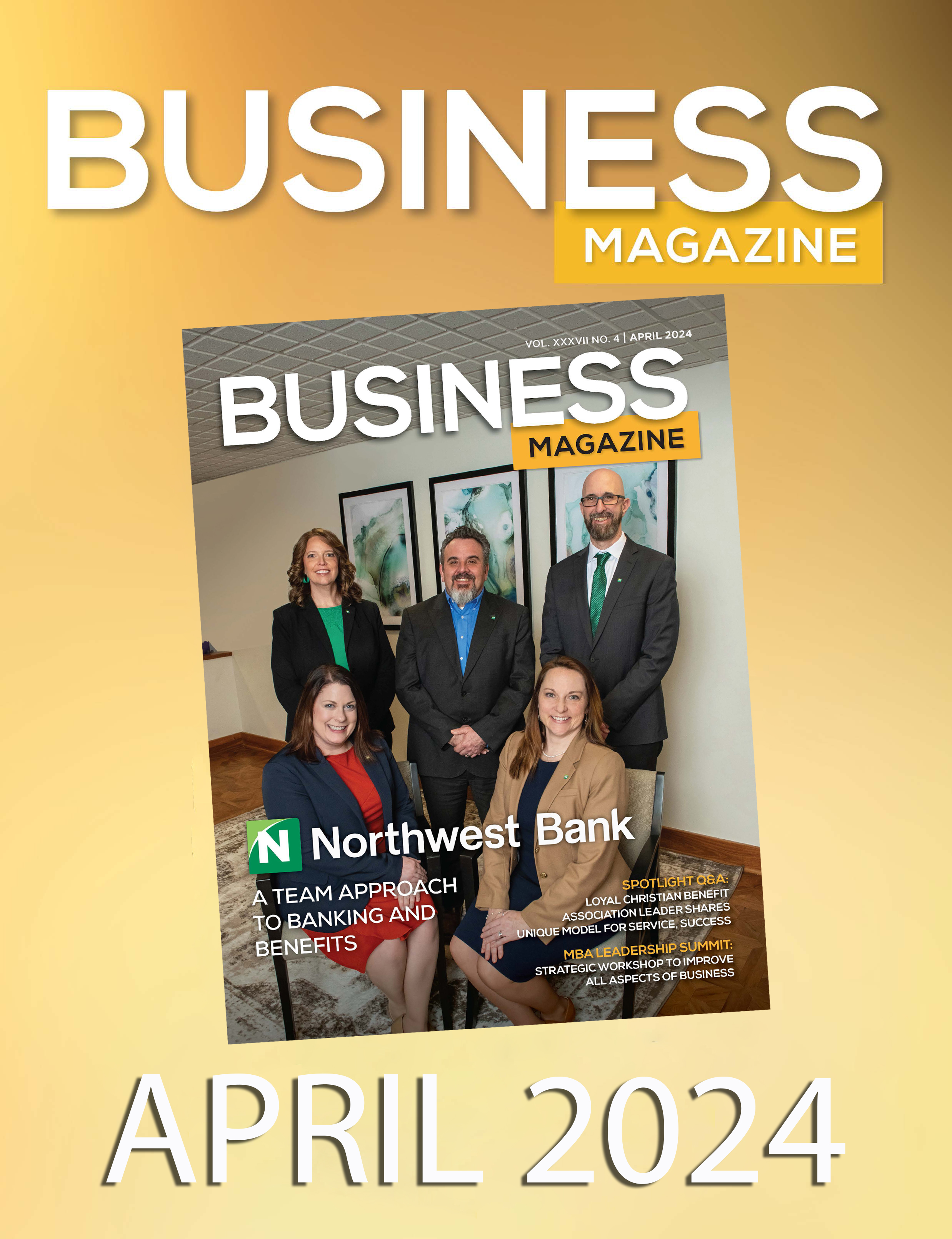
John Persinger was a former attorney at MacDonald, Illig, Jones & Britton LLP and is now the new CEO of the Erie Downtown Development Corp
Social media has become a cost-effective way for businesses to promote their products and services, reach new customers and enhance their company’s brand.
Yet, at the same time, social media platforms can be legal swamps, exposing companies to a morass of new risks.
Since it is imperative for a business to have a social media presence in today’s global economy, here are some recommendations to minimize your business’s exposure:
1. Don’t Disclose Confidential Information
Every social media post should be reviewed to ensure that it does not contain confidential or proprietary information. Publishing such information could cause that information to lose its legal protection.
2. Do Seek Permission for Copyrighted Materials
You must obtain permission if you are going to utilize copyrighted materials in a post. Do not simply copy and paste someone else’s photo, video or quote into a social media post. You must first obtain the permission of the creator of that copyrighted material.
3. Do Obtain Releases for Photos or Videos
If you plan to include pictures or videos of a person promoting your goods and services, obtain a release from that person, granting you permission to include them in the post.
4. Do Disclose Payment for Endorsements
The Federal Trade Commission requires bloggers and social media influencers to disclose when they are being paid to promote a good or service. If part of your social media strategy is to pay bloggers and influencers for endorsements, make sure that person discloses the business relationship.
5. Do Understand the Platform Terms and Conditions
Each social media platform has its own set of terms and conditions. Some platforms place limitations on the types of permissible posts. Other platforms grant themselves the right to utilize your posts in their own marketing efforts. Someone at your business should understand these terms and conditions to further guide what you can and cannot do online.
6. Don’t Use Fake Testimonials
Testimonials are common on social media — they reinforce the interpersonal nature of the platform. If you are planning to use a testimonial in a social media post, make sure that it is not a fake testimonial. State attorneys general have been cracking down on fake testimonials by issuing fines for fake online reviews.
7. Do Understand Who Owns Your Posts
If you hire an outside company or person to manage your social media presence, under the default of the law, that company/person is the owner of those posts. In any agreements with outside social media companies/independent contractors, you should require that any intellectual property created as a result of the social media posts is assigned to the company. Similarly, you should note in your employee handbook that the intellectual property created as a result of any social media posts made by employees is also assigned to the company.
8. Don’t Violate the Children’s Online Privacy Protection Act (“COPPA”)
COPPA requires companies to notify parents and obtain verifiable consent before collecting personal information from children under the age of 13. In 2013, COPPA was updated to include photographs within the definition of “personal information.” Companies that violate COPPA can be subject to civil penalties. Accordingly, if you are planning to run a social media campaign that encourages the posting of pictures and those pictures include children under the age of 13, then you must ensure that you comply with COPPA.
As social media platforms continue to evolve, there is no doubt that more legal issues will arise.
To minimize your company’s exposure, consult a member of MacDonald Illig’s Emerging Technologies Practice Group at 814/870-7600 or visit www.macdonaldillig.com/emerging-technologies.html to learn more.













